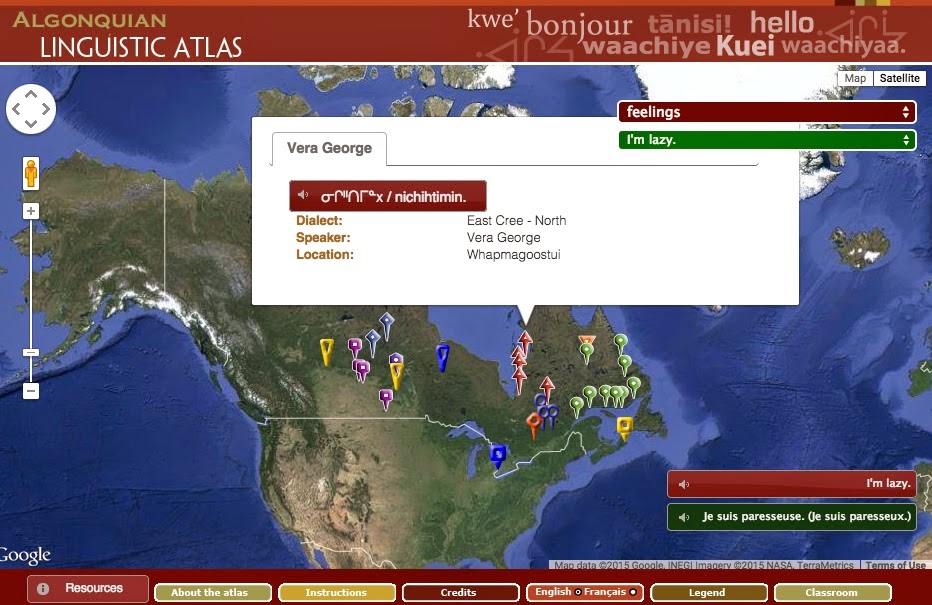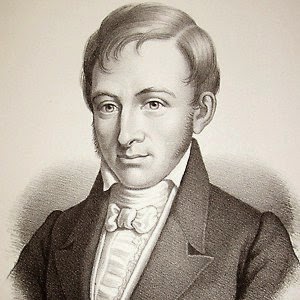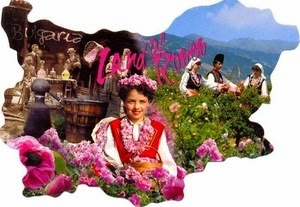List of Open Access publishing in linguistics

We're big fans of open access publishing and other ways of distributing knowledge in a fair and accessible way. We're also big fans of lists: we've got a list of resources on linguistic terminology , free online linguistic databases and now also one for open access publishing in linguistics . If we're missing something in our lists, let us know . Also: check out our posts tagged with " free PDF " for tips on interesting articles in linguistics that are freely available. What's the deal with Open Access you ask? Commonly, tax payers pay for universities and other institutions to do research through funding bodies like the NSF or DFG . Researchers partially communicate with each other and document their research through scholarly publications. These publications are often edited and distributed through large commercial publishing houses. These publications are later bought by university libraries so that other researchers might read it. Uni...







